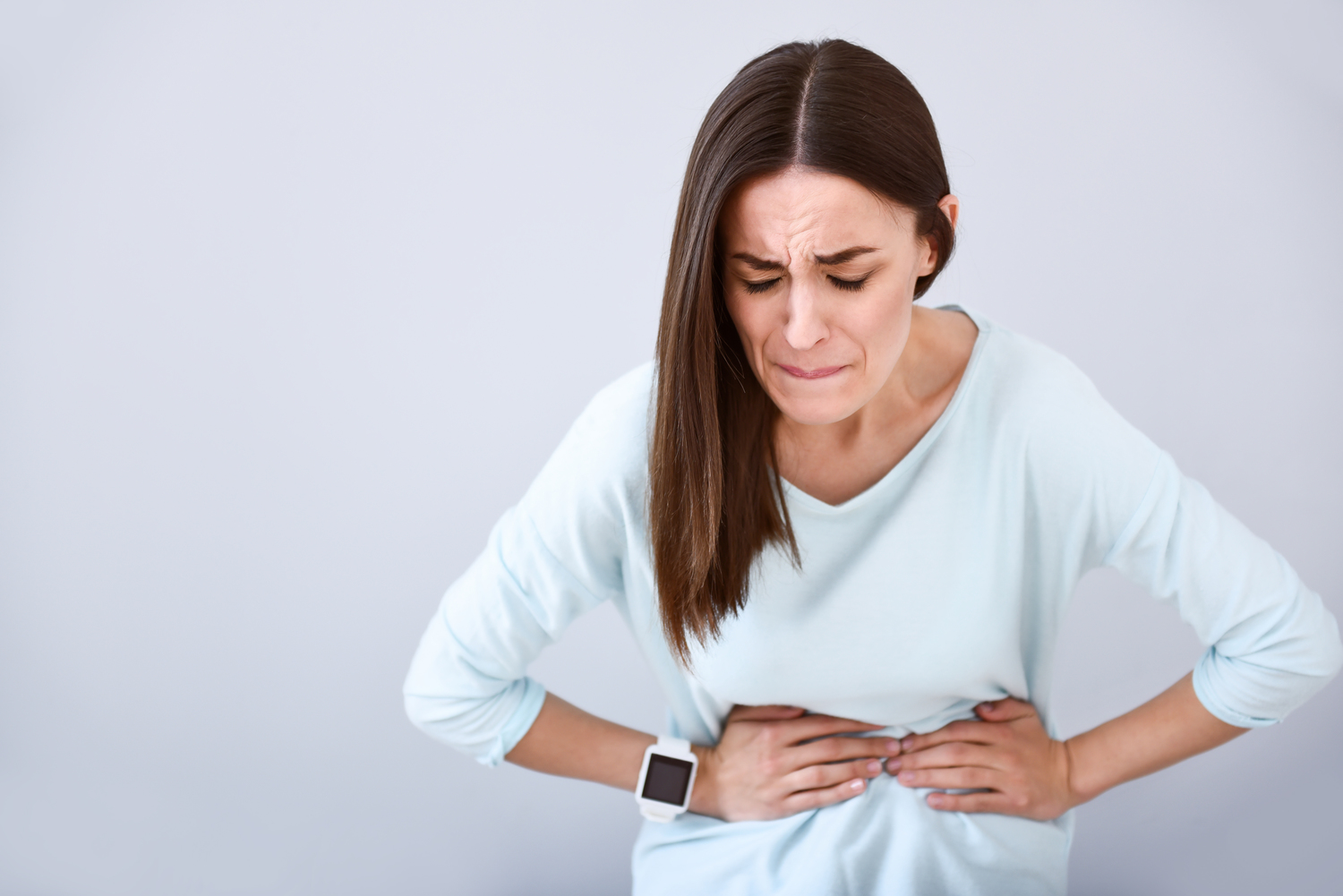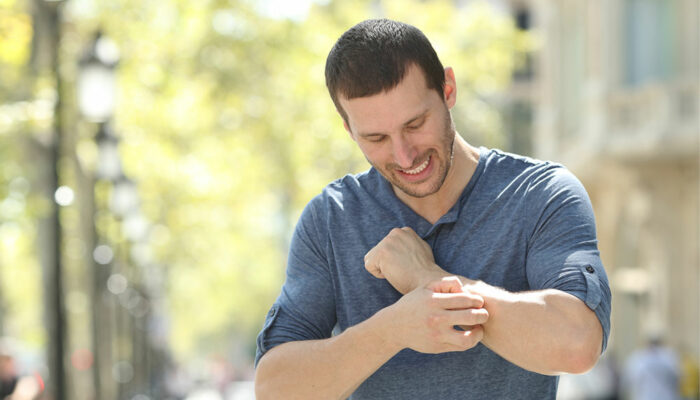
Causes of Overactive Bladder
Overactive bladder (OAB) is a condition that causes a patient to experience increased urinary urgency. They may have to go to the bathroom more often than usual or have urinary accidents. This can be embarrassing and inconvenient, but there are ways to manage OAB. Some causes of overactive bladder include weak pelvic floor muscles, nerve damage, and more.
Read on to learn more about the causes of OAB. With these in mind, you can take steps towards managing your symptoms:
1. Weak pelvic floor muscles
Weak pelvic floor muscles contribute to an overactive bladder. This is because the pelvic floor helps control how frequently and how much you urinate. If this muscle group becomes weak, it can’t work correctly, and more urine may leak out than usual. An excellent way to strengthen these muscles is by doing Kegel exercises regularly. These exercises help train the pelvic floor muscles to work properly.
2. Nerve damage
Nerve issues can also contribute to an overactive bladder by causing your bladder muscles to contract when they’re not supposed to. This causes several issues like having to rush to the bathroom or not being able to hold your urine. If you think nerve issues may be causing your overactive bladder symptoms, talk to your doctor about proper diagnosis and treatment options.
3. Use of certain medications
Use of certain medications can result in an overactive bladder. For instance, prescription diuretics, antidepressants, certain antihistamines or decongestants, and calcium channel blockers can all have side effects of increased urination. Each medication has a recommended dosage, and when you take too much or too little, it can cause problems like urinary incontinence. If you suspect the medications you’re taking may be causing OAB, talk to your doctor about any concerning symptoms. They may change your dosage or switch you to a different medication.
4. Excessive alcohol or caffeine
Excessive alcohol or caffeine can also contribute to OAB. Alcohol causes the muscles in your bladder to relax, meaning an individual has less control over their urination. Both alcohol and caffeine are diuretics, meaning they make you urinate more often than you normally do. To avoid this, try moderating your alcohol and drinking less caffeinated beverages, especially later in the day.
5. Infection
If you have an infection in your urinary tract, it may cause painful urination, leading to an urge to urinate more often. This means that the bladder muscles may contract before you even get a chance to reach the bathroom, causing leakage. If you suspect you have a urinary tract infection, please see your doctor as soon as possible for testing and treatment.
6. Being overweight
Obesity can make it harder for you to control your bladder. As you gain weight, your organs tend to push downward on the bladder, making it fill up more quickly than usual. This means that you will have less control over your bladder and may experience urinary leakage at random times. Talk to your healthcare professional about safe ways to reduce weight and overcome associated OAB.



